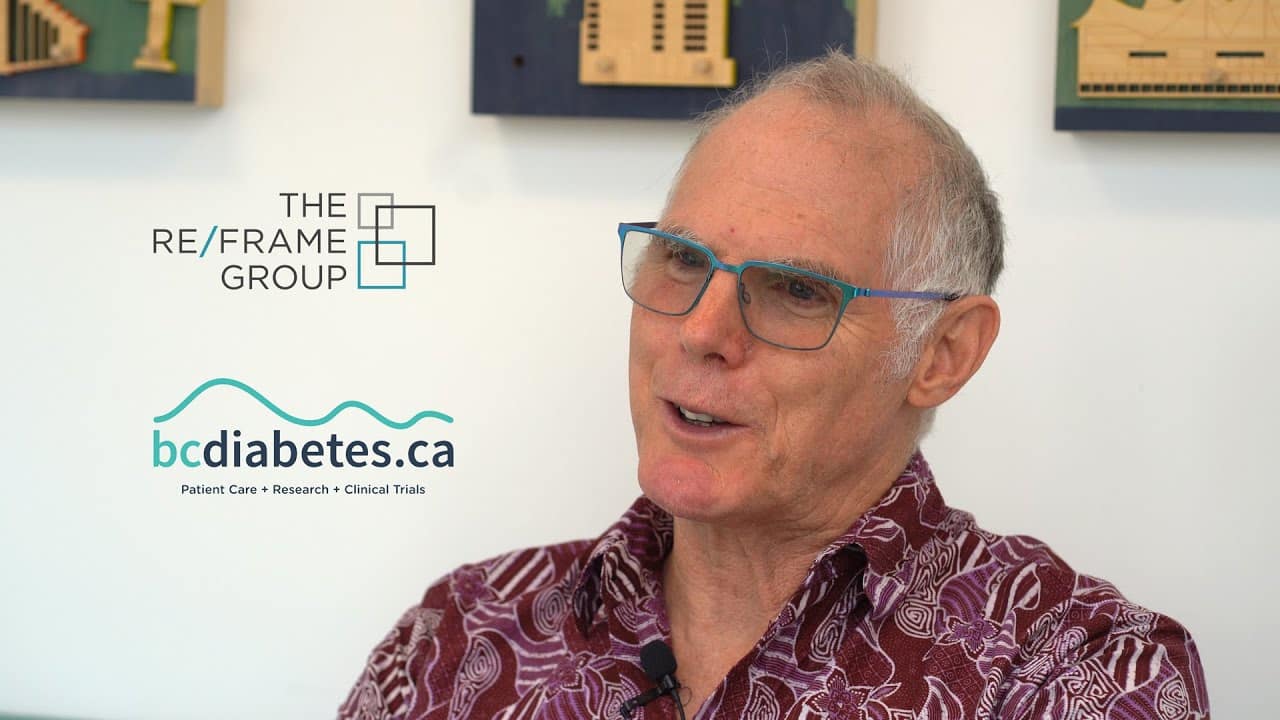
Previously Published on BioSpace.com – Prescription drug could eliminate insulin dependence in people with type 1 diabetes. Newly diagnosed patients sought for clinical trial.
300,000 Canadians are living with type 1 diabetes (T1D). There is no known cause or cure. The number of new cases is increasing by approximately 5% every year in Canada. With an annual health care cost of over $16 billion*. A team of researchers at Vancouver-based BCDiabetes and Leadership Sinai Centre for Diabetes in Toronto, working in association with the University of British Columbia (UBC), is hoping to turn the tide on this growing health crisis with clinical trials of a potential new drug cure for early-stage type 1 diabetes; a prescription drug that could curb or eliminate insulin dependence for people with T1D.
“With this new research we are hoping to find the cure for type 1 diabetes at onset,” says Dr. Tom Elliott Medical Director at BCDiabetes and Principal Investigator of the study. “We’ve seen a revolution in diabetes treatment and research in the past few years. Clinical trials are another big step toward improving outcomes for those diagnosed with diabetes and advancing efforts for a cure.”
Type 1 diabetes is an autoimmune disease in which beta cells that produce insulin in the pancreas are destroyed by the immune system. It generally develops in childhood or adolescence. However, can also develop in adulthood, and requires a lifetime of multiple daily insulin injections or pump dependency. While insulin therapy controls glucose levels, continuous monitoring is required. Also, people with T1D still run the risk of dangerous and life threatening high or low blood sugar levels.
Scientists believe a prescription drug may be able to stop the destruction of insulin secreting beta cells caused by T1D. Allowing for more cells to be regenerated and an eradication of the disease. Following promising phase one trials, researchers in Vancouver and Toronto have launched phase two trials of the drug ustekinumab which is currently approved to treat psoriasis, Chron’s disease and arthritis. Patients between the ages of 18-25, and within the first 100 days of their type 1 diabetes diagnosis, are being sought to participate in clinical trials of this groundbreaking research.
When a person is first diagnosed with t1d, they are expected to have approximately 20% of their beta cells left. “We hypothesize the drug ustekinumab stops the destruction of the beta cells and allows them to regenerate,” says Dr. Elliott. “We are looking for newly diagnosed patients to participate in this research because it’s crucial for patients to take the drug early while they still have beta cells.”
24 year-old Jeremy Boerkoel was diagnosed with type 1 diabetes last October and is taking part in the current clinical trial in Vancouver. “When you are first diagnosed your life changes and you feel overwhelmed,” says Boerkoel. “For me, being part of this trial has no downside. I get to be in an environment with health professionals and receive excellent care. There is also the hope that I will be able to improve my health or be part of something even bigger by helping someone else down the road.”
Dr. Bruce Perkins, Director of the Leadership Sinai Centre for Diabetes at Mount Sinai Hospital, will be heading the Toronto arm of the study. The research has a cross-Canada focus in order to target the largest group possible of newly diagnosed type 1 diabetes patients. He notes that Canada has always been ahead of the curve when it comes to diabetes research.
“Sir Frederick Banting is the Canadian co-discoverer of insulin. While insulin is not a cure, it helps patients live longer, healthier lives,” says Perkins. “This trial is ground-breaking in that it will determine if a prescription drug can help keep the body’s insulin producing cells alive and curb or even completely remove dependence on insulin injections for people with type 1 diabetes. This could make a real difference in the ability to manage diabetes. Also, control glucose levels, reduce complications and could potentially result in a cure for type 1 diabetes at onset.”
Previously Published on BioSpace.com
I’m a type 1 diabetic with diabetes knowledge in t1d and t2d, as well as nutrition and low-carb keto diet information, fitness and exercise programs to help keep you in optimal diabetes health. Take advantage of our diabetic health tools for a healthier lifestyle!
This website uses cookies.